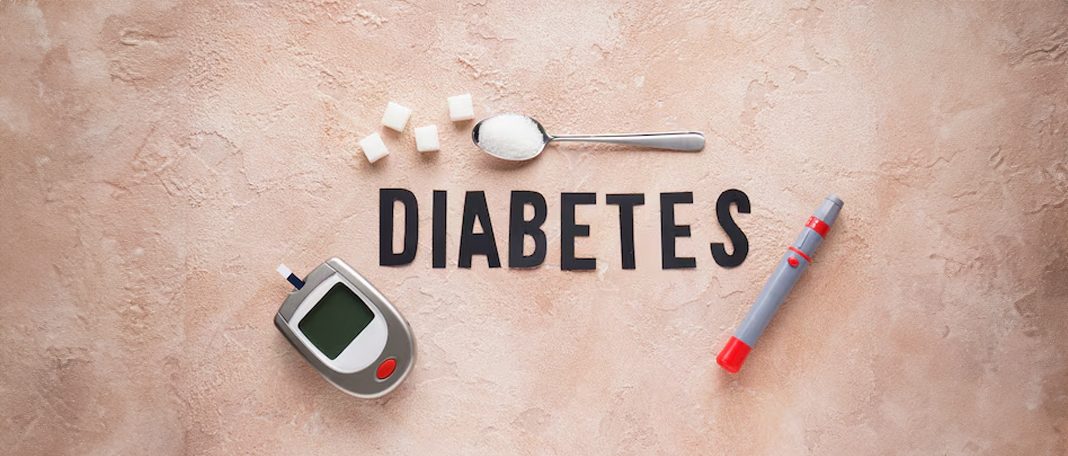Diabetes mellitus is a chronic disease that occurs when the sugar level peaks in your blood. It affects an individual due to an imbalance or lack of insulin production. Diabetes is a long-term incurable disease, but it can be reduced with proper diet and medication. However, it is hard to cure permanently.
Glucose is the primary energy source carried by the blood to the cells. Though your body is capable of producing glucose, due to the energy requirements, it obtains glucose from the foods you consume.
Insulin, a hormone secreted by the pancreas, helps the glucose to reach the body’s cells to convert into energy. When your body doesn’t make enough insulin or refuses to use it properly, the glucose increases in the blood leading to diabetes. High blood sugar can cause many health problems like heart disease, nerve damage, and eye issues. Check below to know what are the symptoms of diabetes.
Symptoms of Diabetes You Must Know
Frequently Urinating, Especially at Night
An average individual should urinate 4 to 7 times a day if it exceeds the limit, it might be the cause of diabetes. For a diabetic, the kidney should do extra work to filter and absorb the extra sugar. So when it can’t be managed, the sugar passes out through the urine.
Feeling Thirsty
People with diabetes urinate a lot more. As a result, they get thirsty and end up drinking more water. It causes dehydration too.
Dry Mouth
Due to frequent urination, your body gets dehydrated and loses moisture. This causes dryness of the mouth, skin, or other areas of your body.
Weight Loss
Your body will get energy from the food you consume. If your body hesitates to absorb the energy from the food, it will take it from the muscles and fat to energize. So, it may cause weight loss despite any lifestyle changes.
Increased Hunger
Diabetic patients hardly get sufficient energy from the food because glucose moves from the bloodstream, which is not enough for fuel that can be used as energy. As a result, you always feel hungry though you have eaten a few minutes ago.
Blurry Vision
Diabetes will affect your eyes and vision. It affects the blood vessels in the retina, leading to blurred vision. Therefore, diabetics must get their eyes checked at least once a year.
Slow Healing Wounds
The extreme levels of sugar in the blood may impair the body’s blood vessels and nerves. As a result, even small wounds won’t heal quickly. You may face consequences, such as infection.
Skin or Vaginal Infections
Diabetic patients may have yeast infections in areas like the mouth, armpits, and genital areas because of high glucose levels. It can occur to both men and women.
Numbness in Feet or Hands
Diabetes will damage the nerves, which will lead to numbness and tingling in the feet or hands.
Types of Diabetes
Type 1, Type 2, and gestational diabetes are the three major types of diabetes.
Type 1 Diabetes
Type 1 arises due to minimum or lack of insulin production in the pancreas. The autoimmune reaction could be a major cause of this type, where your immune system damages cells that create insulin. Moreover, 5 to 10% of individuals are diagnosed with Type 1. It can affect any person and has no age restrictions. Insulin is necessary for those who are diagnosed with this type of diabetes.
Type 2 Diabetes
In this case, your pancreas will produce adequate or more insulin, but it is not enough to manage your blood glucose level. Unlike the other diseases, Type 2 won’t show symptoms in the early stages. It is a common type of diabetes that affects around 90 to 95% of people. Besides adults, children and teens are prone to develop Type 2. Obesity, being overweight, family history, and lack of balanced diet are the major reasons for diabetes. By following a diabetes diet, you can prevent or reduce Type 2 diabetes.
Gestational Diabetes
It is another type of diabetes that affects women during their pregnancy. In the US, 2% to 10% of women develop the risk of gestational diabetes. It goes away eventually after the birth of the baby. However, they are still at risk of developing type 2 in the future.
Ways To Prevent Diabetes
No matter what type of diabetes you have, if you follow a healthy lifestyle, you can easily fight such diseases.
Consume Healthy Foods
Add fiber-rich vegetables and fruits to your diet. Try to avoid sweet and processed foods.
Do Regular Workouts
If you do workouts regularly, you don’t even need to worry about such diseases. You can try doing yoga to prevent or control diabetes.
Add Lots of Fiber to Your Diet
Plant foods are rich in minerals, vitamins, carbohydrates, and fiber, which will help you stay active and manage your weight. Fiber is crucial for bowel movement.
Avoid Smoking
Smoking can affect or destabilize insulin production. So try to quit the habit.
Weight Management
Obesity leads to the risk of Type 2 diabetes. Excessive weight around the abdominal area and midsection triggers insulin resistance and prediabetes. By achieving weight loss in a healthy way, you can lower the risk of such diseases.
Now you are aware of diabetes and its symptoms. So it’s time for you to make changes in your lifestyle, routines, and eating habits to live a better and healthier life.

































